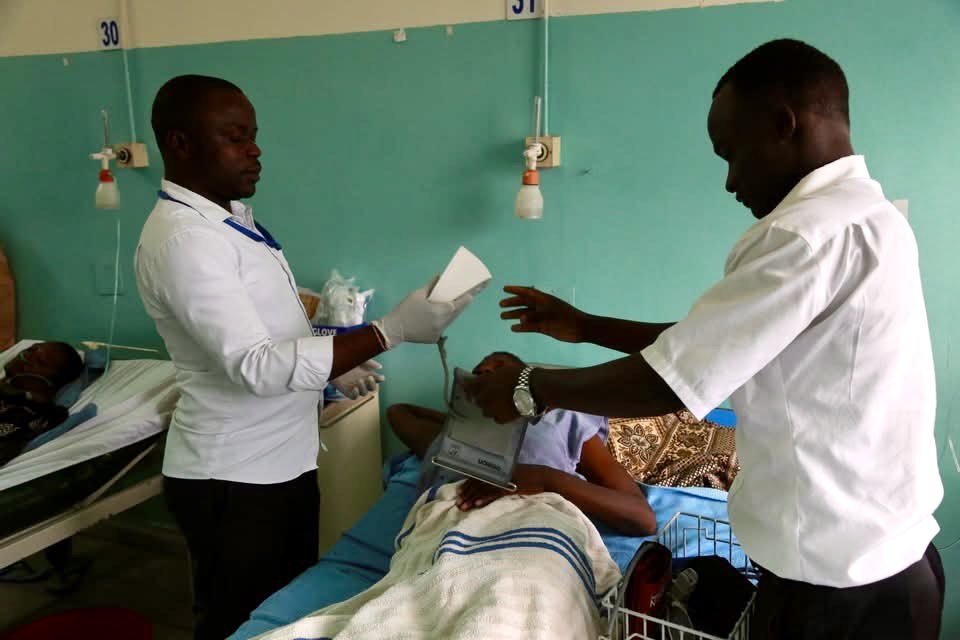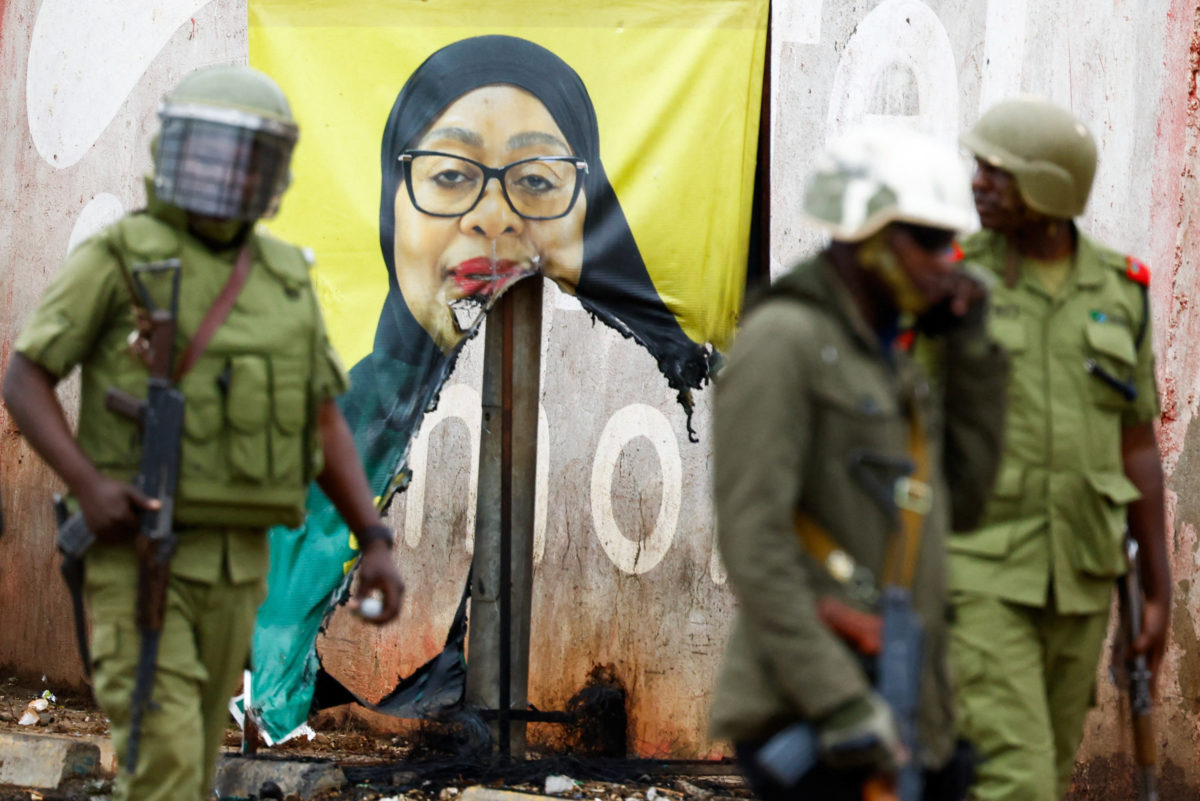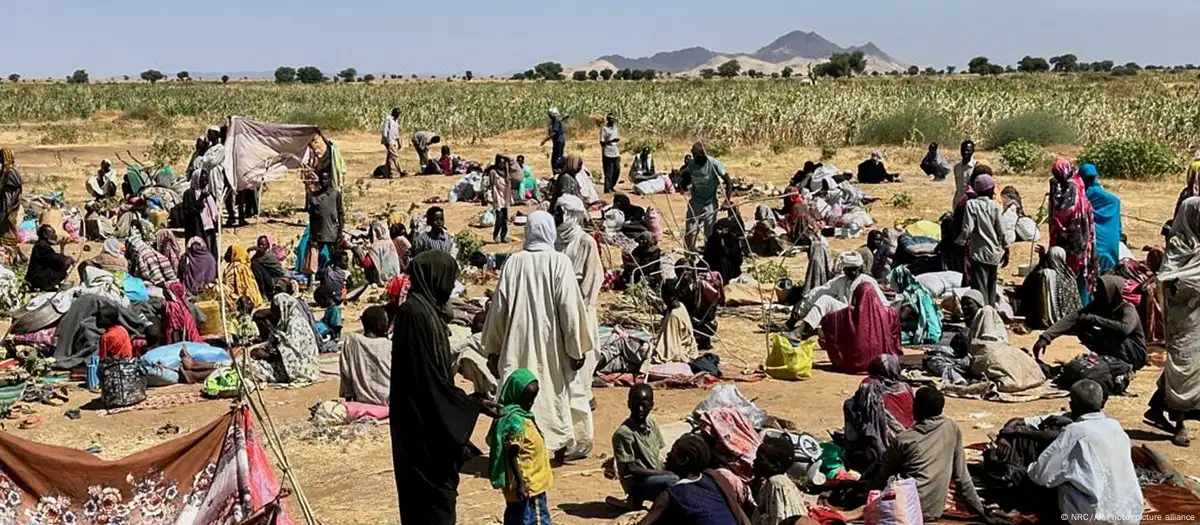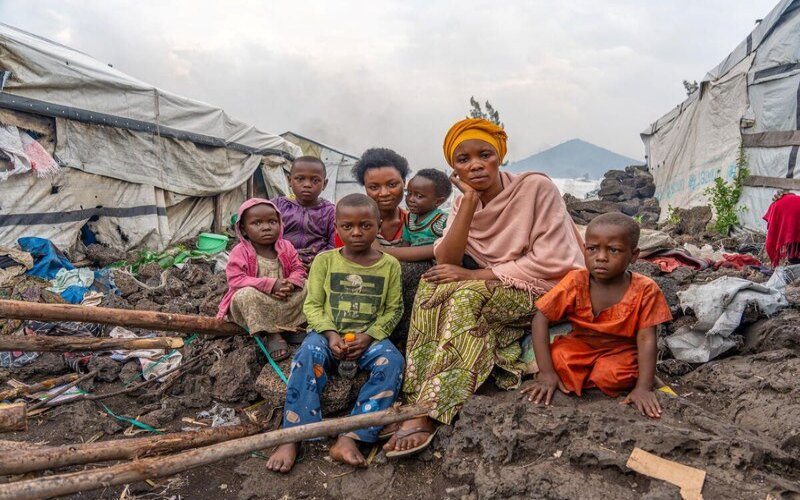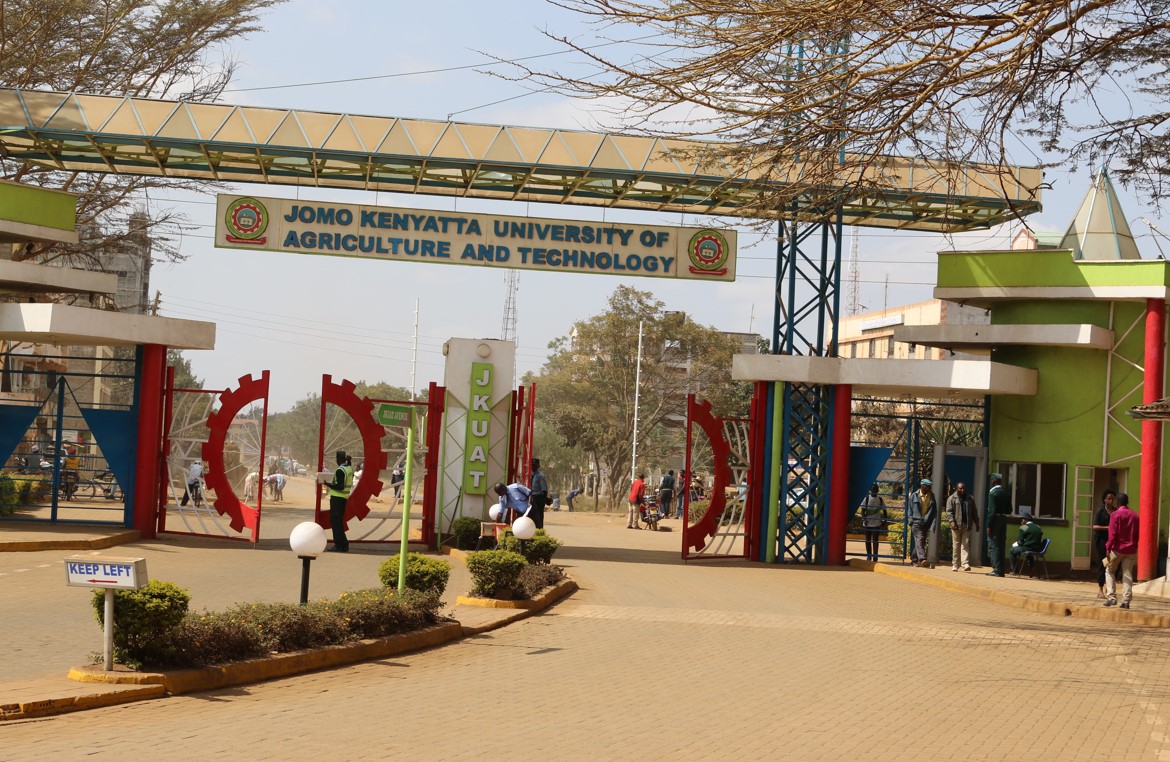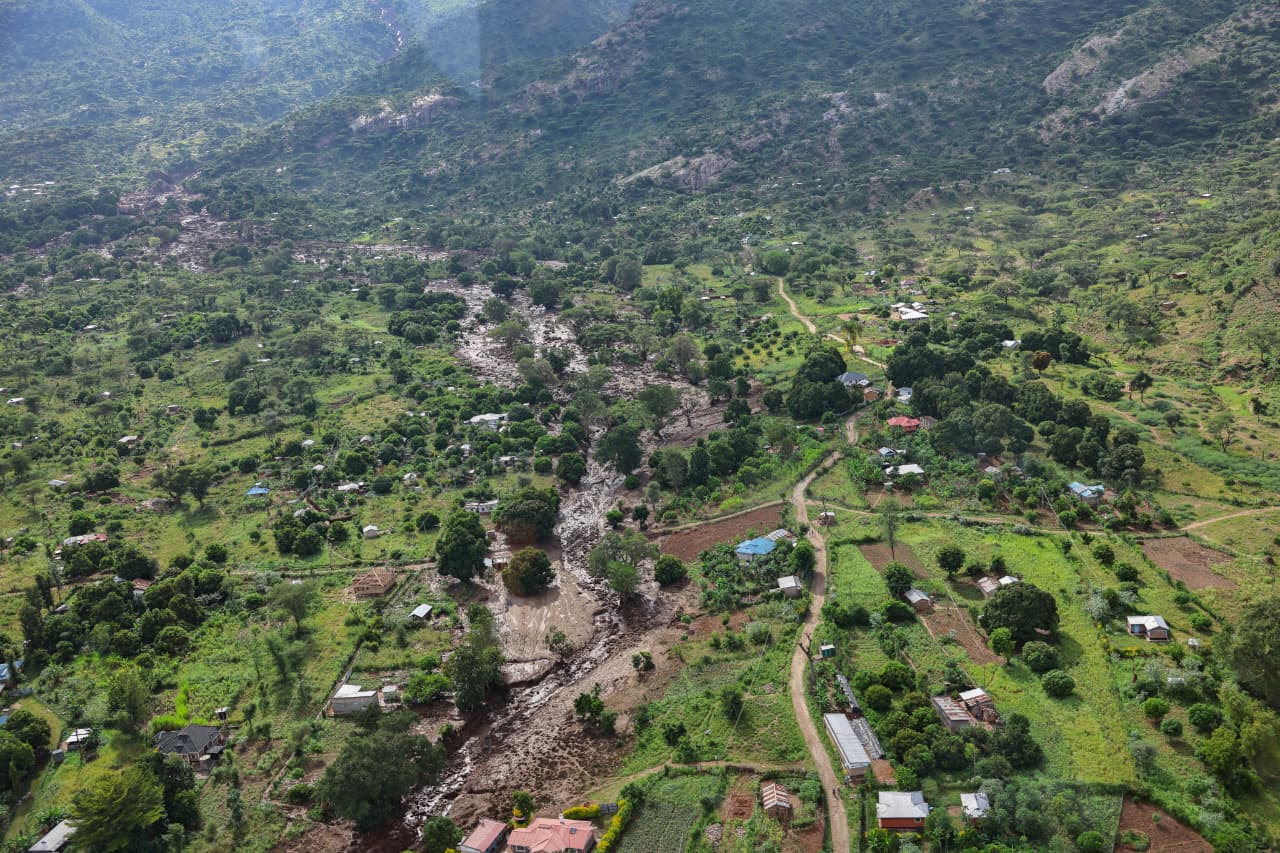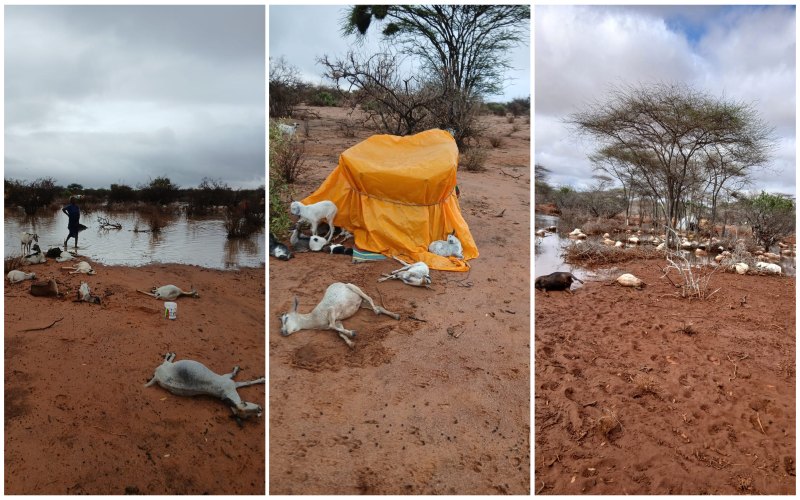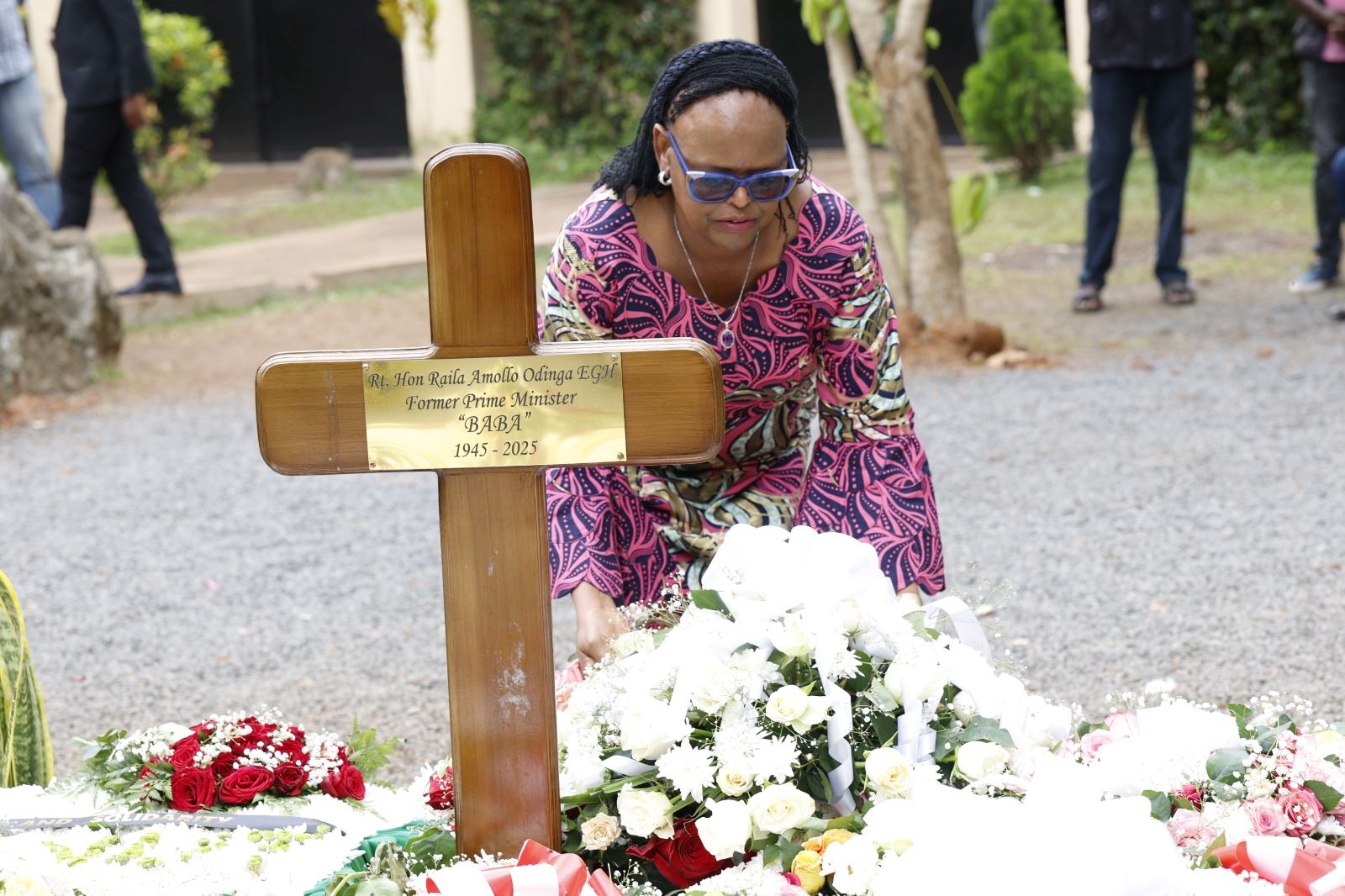Morans call for reduced bride price demands to end banditry in affected communities
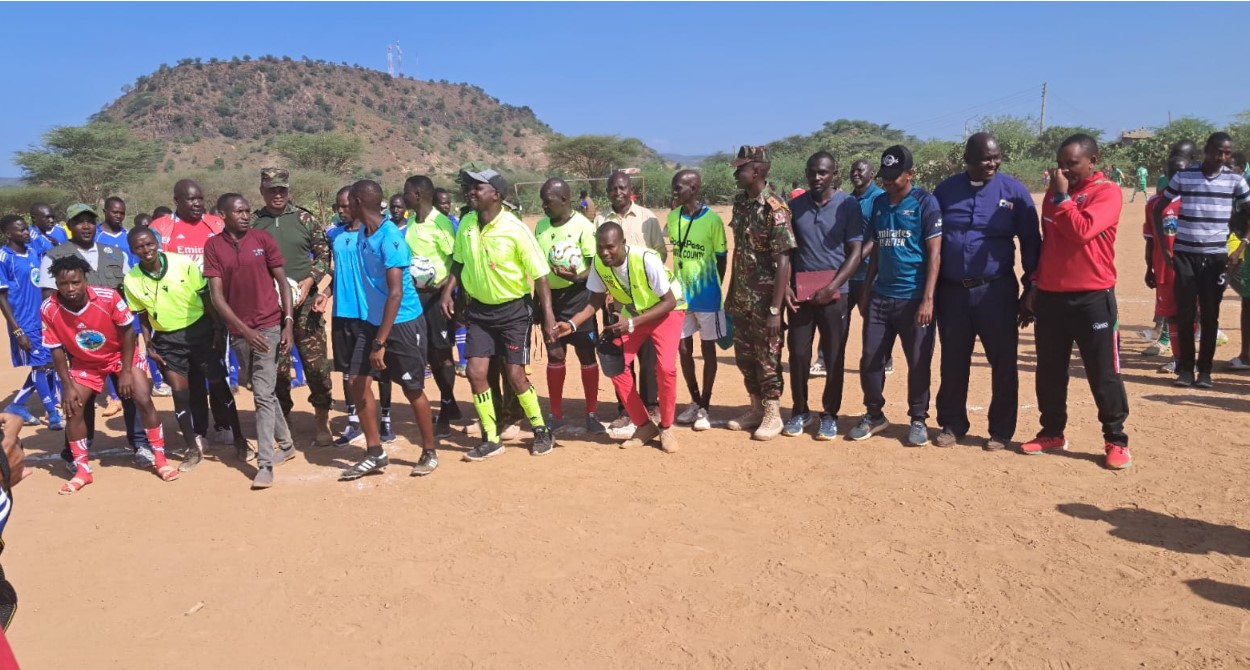
The inclusion of dialogue amongst the young men who form the warriors who go to fight is also seen as a sustainable way of fostering peace.
On several peace dialogue sessions held in the North Rift region, young morans have requested that the bride price they pay when getting married be reduced as a means of curbing banditry.
The token is given to the bride’s family as a key component of entry into marriage, an important rite of passage.
More To Read
- Four officers linked to illegal arms, ammunition trade arrested
- Kenya to reopen regional police training hubs in fight against terrorism and banditry
- Voluntary disarmament gaining momentum in North Rift, at least 100 firearms surrendered
- Sports for Peace: How sporting activities are uniting North Rift communities
- Drugs, gangs, and land disputes are major threats to Kenya’s security -CS Murkomen
- Government to build seven police stations in Tiaty, Baringo in bid to curb banditry
Here, it is paid in the form of cattle which the young morans accumulate over time and whose demand varies from family to family.
The morans said the bride price demand has lately become so high, fuelling banditry as an "organised cultural sport" among the communities. They now want elders to look into it to reduce it to fight the banditry vice.
Other requests made by the morans include a rotation of the sports for peace activities to various places to enable participation of more youth, and more so young women, as a means to foster intermarriages.
The young men committed to embracing peace as a better alternative to constant infighting amongst communities and expressed their desire to do away with old and harmful traditional practices that lead to killings.
They further pledged to take their children through formal education and to preach peace in their respective communities.
In their latest interactive social activity with the young men, Kenya Defence Forces (KDF) officers deployed in the North Rift under the ongoing Operation Maliza Uhalifu (OMU) visited those who were transitioning into manhood at the Africa Inland Church School in Chemolingot and urged them to prioritise earning an education while advocating for peace within their communities.
Nurturing local talents
Bishop Yusuf Losute commended KDF, noting that their efforts are helping shape the lives of young men by keeping them in school and reducing their involvement in banditry.
The events are not just an interaction-enabling venture but also skills-impacting activities further aimed at nurturing local talents and a means to foster good relations between locals and security officials involved in the operation.
The activities align with the National Crime Research Centre's call for a shift from predominantly state-dominated security to a community security-based intervention and approach that emphasises building and enhancing the collaboration, capacity and willingness of local communities and non-state and state actors to address livestock rustling and banditry.
The inclusion of dialogue amongst the young men who form the warriors who go to fight is also seen as a sustainable way of fostering peace in the affected routines that recorded heightened related clashes towards the end of last year and at the beginning of 2024, making banditry a threat to national security.
A fact-finding mission by the Kenya National Human Rights Commission (KNHRC) over the recurrence of banditry late last year and at the beginning of the year that killed Angata Nanyekie Ward MCA Paul Leshimpiro in February revealed that banditry and cattle rustling had evolved from a mere cultural activity into organised crime that was creating an environment that undermines the enjoyment of basic human rights and fundamental freedoms of the locals.
The MCA had been an active advocate against banditry and cattle rustling.
The same findings were revealed by NCRC which added that the crime now involves the use of modern technology including communication gadgets like mobile phones and weapons to facilitate the activities.
At the same time, a report by Amnesty International Kenya last year said that access to natural resources, politics and economic interests, such as the lucrative meat industry, are other causes of banditry and cattle rustling in the counties of Baringo, Samburu, Turkana, West Pokot, Elgeyo Marakwet, Marsabit, Isiolo, Laikipia and parts of Meru.
As the year draws to an end, efforts by OMU have seen banditry largely quelled especially in recent months, with officials involved in the ongoing operation saying it has reduced by 90 per cent, with a 95 per cent recovery of stolen animals.
At the same time, the Ministry of Interior confirmed that livestock theft-related cases have dropped from 63,054 stolen livestock to 23,668, a decline of 39,386 heads of cattle.
"Notably, 172 illegal firearms were collected during mop-up exercises and 10,173 livestock have been recovered. During the same period, 250 suspects, including 14 political leaders, were arrested and prosecuted," an update shared recently notes.
Officials say the operation that seeks to ensure a permanent end to the vice that has claimed multiple lives over the years including those of security officials will be centred on the expanded soft approaches to incubate behaviour change amongst children and adults alike.
Top Stories Today
